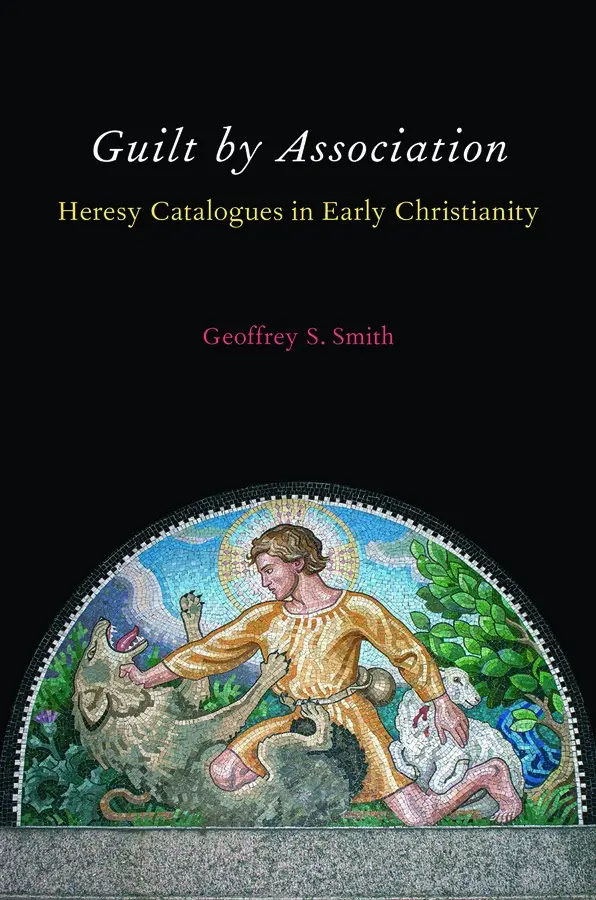
Guilt by Association.
Heresy Catalogues in Early Christianity
Smith G.S.
Год :2014 Количество страниц :196 [213] Язык :Английский Категория :+ Не только о гнозисе Скачать : PdfПоддержать :
Guilt by Association explores the creation, publication, and circulation of heresy catalogues by second- and early third-century Christians. Polemicists made use of these religious blacklists, which include the names of heretical teachers along with summaries of their unsavory doctrines and nefarious misdeeds, in order to discredit opponents and advocate their expulsion from the “authentic” Christianity community.
The heresy catalogue proved to be an especially effective literary technology in struggles for religious authority and legitimacy because it not only recast rival teachers as menacing adversaries, but also reinforced such characterizations by organizing otherwise unaffiliated teachers into coherent intellectual, social, and scholastic communities that are established and sustained by demonic powers.
This study focuses especially on the earliest Christian heresy catalogues, those found within the works of Justin, Irenaeus, Hegesippus, and the authors the Testimony of Truth and the Tripartite Tractate. By focusing upon the heresy catalogue, Guilt by Association not only accounts for the emergence of the Christian heresiological tradition; it also sheds new light upon the socio-rhetorical aims of the Pastoral Epistles, the circulation of early Christian literature, the emergence of a distinct Christian identity, and the origins of Gnosticism.





